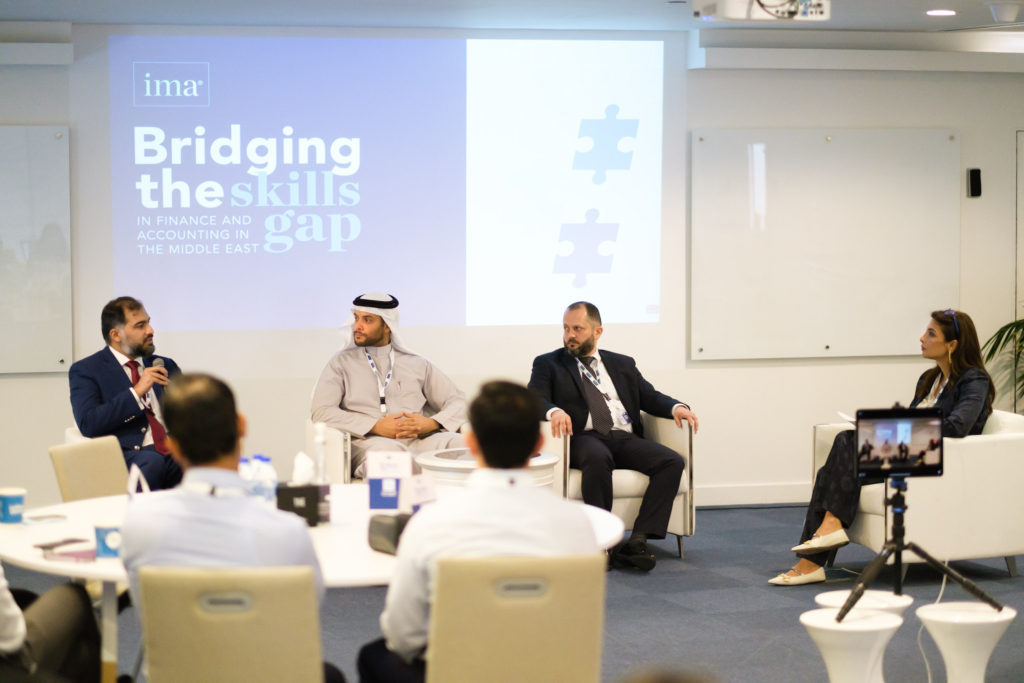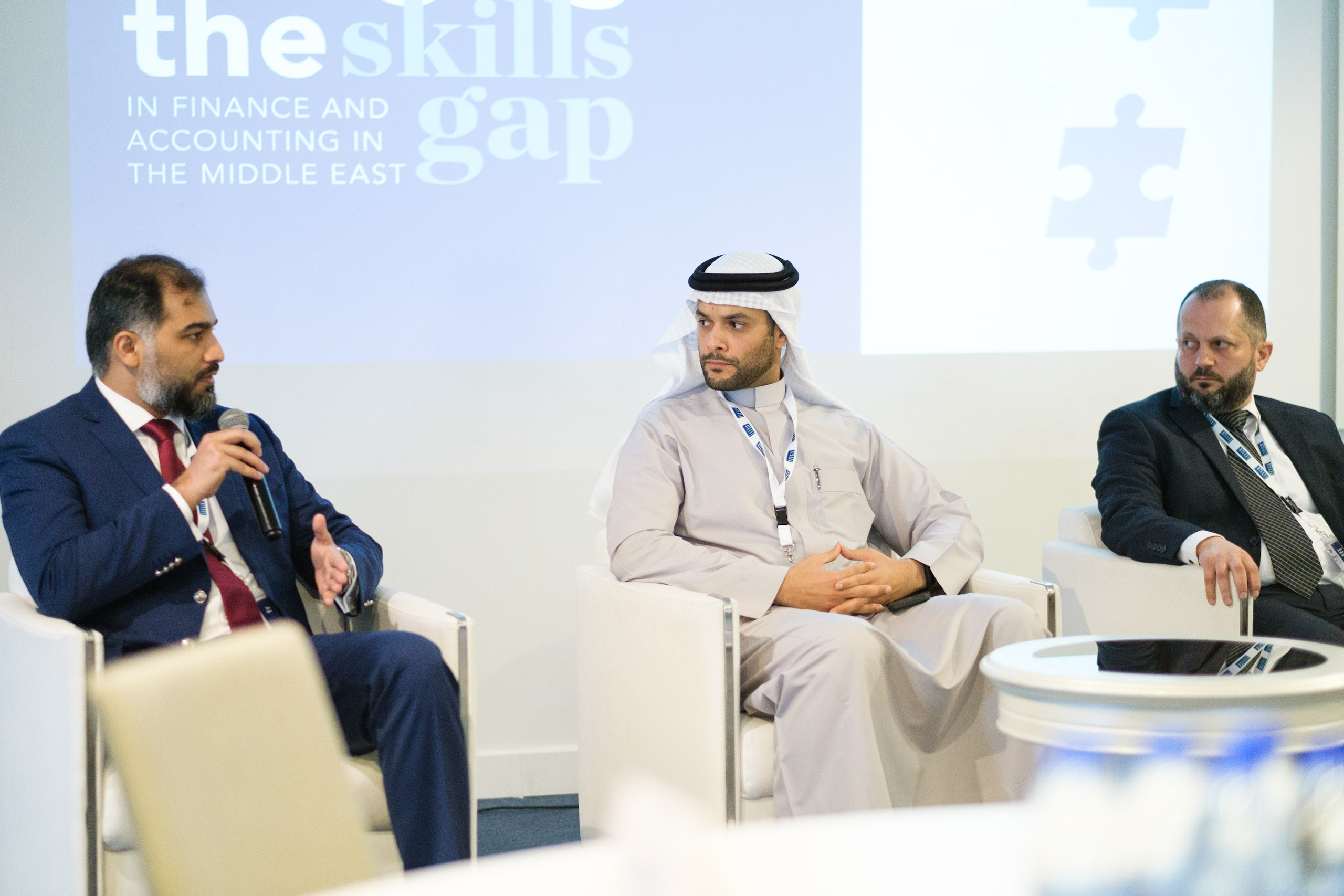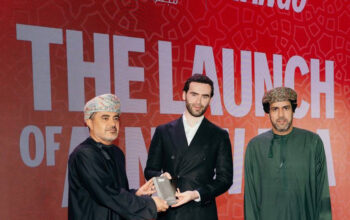Dubai, Business News: IMA® (Institute of Management Accountants), one of the largest and most respected associations working exclusively on advancing the management accounting profession, hosted an event titled “Bridging the Skills Gap in the Finance and Accounting Profession” Focused on bridging the skills gap increasingly faced by students and young professionals entering the finance and accounting sector, the hybrid event brought together academic and profession experts from across the region to discuss collaborative methods of overcoming this challenge. The live event, hosted in Dubai, was also livestreamed for audience who tuned in online from across the Middle East region via zoom webinar.
The event addressed the pace of change being driven by new data-centric business models, shifts in consumer behavior, and economic uncertainties and how this is impacting the role of the finance function. In this context, discussions revolved around both students and entry level professionals facing a skills gap due to a mismatch between profession requirements and existing curriculum design.
Finance and accounting professors and academic faculty members from four of the top universities in Saudi Arabia and the UAE touched on how academic institutions need to develop a more enterprise-aligned approach to help students develop skillsets and expanded levels of competency to address current and future profession requirements. Participants also shared some of the initiatives being undertaken by their universities as part of nation-wide endeavors to prepare young professionals for the future, specifically highlighting how technology is driving change, eliminating repetitive tasks and paving the way for more strategic and value-added activities within the finance function.

Hanadi Khalife, Senior Director of Operations for IMA MEA & India, said: “In today’s dynamic business ecosystem, it is important that both enterprise and academia understand where the finance function is headed. All of us here collectively need to reimagine the future of the profession. Newly defined and designed curricula needs to revisit the finance model, as well as integrate it with data sciences and emerging technologies such as AI and automation to give the finance function a more strategic edge. IMA is preparing for this future by working with professionals and institutions of higher learning to support the advancement of the accounting and finance profession. Our aim is to help bridge the skills gap by connecting students and professionals with the insights and analyses that will empower them to thrive and take on the future with confidence.”
Speaking on the role of AI, Dr. Abed Al-Nasser Abdallah, Professor of Accounting and Head of the Accounting Department, American University of Sharjah said, “Artificial intelligence and other emerging technologies will be crucial in creating competencies and upskilling. AI will not replace humans, but it will facilitate and streamline our work. AI will create huge potential in gaining a deeper understanding of data and will drive insights; but ultimately it will be left to professionals to leverage these insights to drive actionable and effective strategy.”
Highlighting the role of professional organizations and academia, Dr. Ayth Ibrahim Almubarak, Professor of Accounting and Finance, King Faisal University said, “Professional organizations play a critical role in addressing and bridging the skills gap in the Finance and Accounting Profession. Events such as this one help to provide a good platform upon which the private sector and academia can come together to discuss the best approach to help professionals develop relevant skillsets and broaden their competencies. By sharing knowledge and expertise we can make significant progress in addressing the problem.”
Speaking at the event as panelist, Taha Nasir, Assistant Director, KBS Business Engagement Office, Lecturer, Department of Accounting and Finance, King Fahd University of Petroleum and Minerals said, “There needs to be an all-in approach to address the skills gap in the Finance and Accounting Profession. Whilst there has been some significant success at the organizational level, we still need to consider a more cohesive approach. Expectations and requirements need to be brought to the table and addressed. The academic and private sectors need to work closely to help young professionals upskill themselves and build the foundation they need to establish successful careers.”
Dr. Amer Qasim, Vice President, Al Ain University (Abu Dhabi) and Professor of Accounting, College of Business (AAU) reinstated the importance of updating the curriculum. He said, “There will be a negative impact on the supply and demand in the profession if graduates fresh out of universities are not equipped with the necessary knowledge and skills they need. The curriculum should be designed to satisfy what the industry needs and adapt to its dynamic responsibilities. This should be done by getting academic experts and professionals to collaborate and ensure that what is taught is both needed and relevant.”








